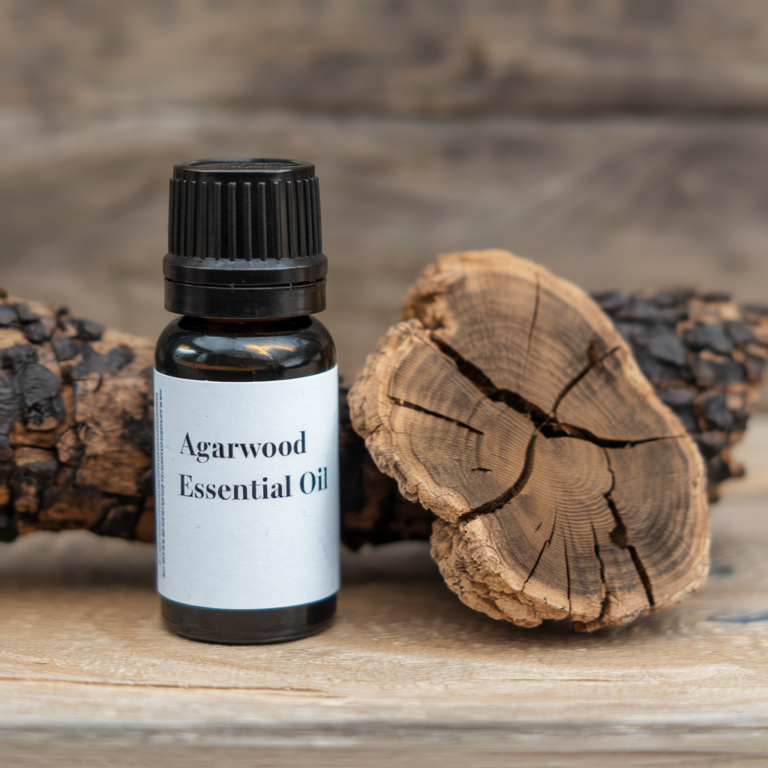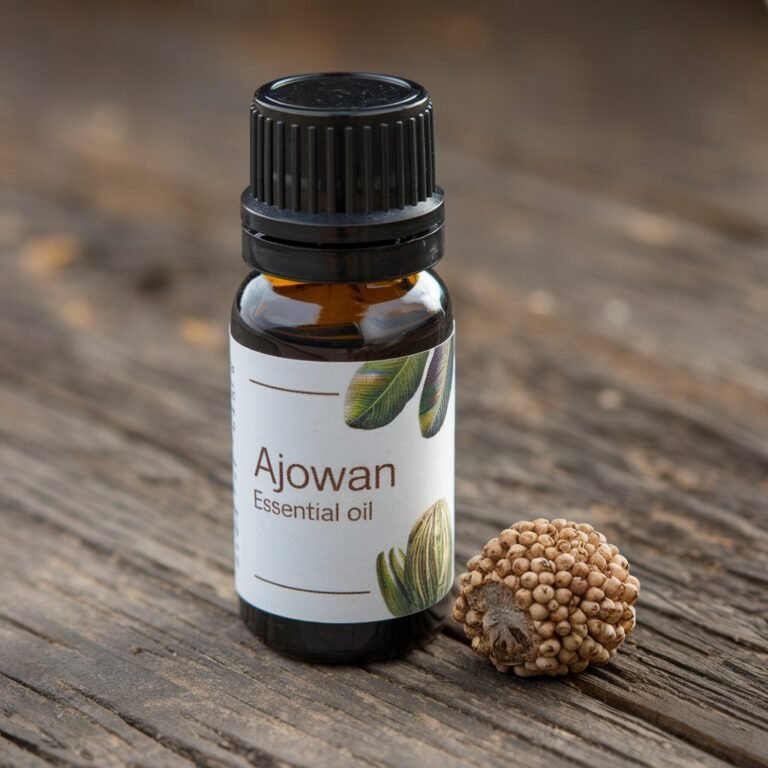Rosewood Organic Essential Oil
Have you ever wondered about the enchanting scent behind a naturally sweet and woody aroma that often graces perfumeries and aromatherapists’ collections? Let’s journey into the world of Rosewood Organic Essential Oil, an exquisite essential oil celebrated for its aromatic appeal and versatile applications. The world of essential oils is replete with unique aromas and beneficial properties, but rosewood stands out, boasting not only a captivating fragrance but also a rich history intertwined with cultural significance.
Recommended brands:
Rosewood Organic Essential Oil by Amrita
Understanding Rosewood Organic Essential Oil
Rosewood Organic Essential Oil may seem like just another fragrant oil, but it presents a symphony of benefits and applications that cater to both emotional and physical well-being.
Scientific Name/Botanical Name
The botanical name of rosewood is Aniba rosaeodora. It's a member of the Lauraceae family, which is native to the tropical rainforests of South America.
Oil Origin and Extraction

Originating from the heart of the Amazon Basin, primarily Brazil, Rosewood Organic Essential Oil is extracted from the wood chips of the distinctive rosewood tree. The process predominantly employs steam distillation to capture the oil's essence without compromising its natural purity.
Characteristics of Rosewood Organic Essential Oil
Characteristically, Rosewood Oil is light in color, generally pale yellow. Its incredible versatility leaps from its remarkable properties that make it a staple in various applications ranging from perfumery to therapeutic uses.
Odor Profile
The scent of Rosewood Organic Essential Oil is a delightful blend, oscillating between sweet, floral, and woody notes. This distinct aroma serves as a grounding and uplifting agent, often associated with emotional stability and calm.
Consistency and Evaporation Rate
With a medium consistency, rosewood essential oil evaporates at a moderate pace. This characteristic makes it ideal for blending with other oils, as it provides an enduring aroma that harmonizes seamlessly with other scents.
Country of Origin
As previously alluded to, Brazil is the primary source of Rosewood Organic Essential Oil. However, conservation efforts have necessitated sustainable harvesting practices to ensure the longevity of rosewood trees in the Amazon.
Recommended brands:
Rosewood Organic Essential Oil by Amrita
Aroma and Constituents
Rosewood Oil’s aroma, a luxurious mix of sweet and woody tones, is often celebrated in both perfumery and aromatherapy. Its primary constituents include linalool, a compound known for its soothing properties, which makes up about 85-95% of the oil, alongside trace amounts of other constituents like nerolidol and alpha terpineol.
Blending and Uses
Rosewood Essential Oil’s versatile nature allows it to blend well with a variety of other oils, enhancing both its aromatic profile and therapeutic benefits. Its compatibility extends to:
- Lavender
- Cedarwood
- Bergamot
- Geranium
- Rose Otto
Blending Tips

To create a calming blend, consider combining rosewood with lavender and cedarwood. This harmonious combination promotes relaxation and emotional balance, making it perfect for unwinding after a long day.
Uses in Wellness
Rosewood Essential Oil is profoundly versatile in wellness applications:

- Aromatherapy: Its tranquil aroma can soothe the mind and ease stress.
- Skincare: Known for its rejuvenating properties, it's beneficial for dry or mature skin types.
- Perfumery: Its scent is a sought-after base note in sophisticated perfumes.
- Massage Oil: When diluted, it can provide relaxation through body massage.
- Bath Enhancer: A few drops in a warm bath can create a spa-like experience.
- Meditation Aid: Its grounding properties enhance focus and calmness.
- Home Fragrance: Diffuse it to imbue spaces with a naturally sweet aroma.
- Mood Elevation: Acts as an uplifting agent in personal care products.
Safety Precautions
While Rosewood Organic Essential Oil offers numerous benefits, it’s essential to use it with care to avoid adverse effects. Ensure you dilute it with a carrier oil before topical application, especially if you have sensitive skin. Pregnant or breastfeeding women and individuals with health concerns should consult a healthcare provider before usage. Additionally, with environmental sustainability in mind, choose rosewood oils that adhere to sustainable harvesting practices.
Historical and Cultural Significance
The use of rosewood stretches back centuries. Indigenous communities have harnessed its potential for treating various ailments and its spiritual significance. In perfumery, it has historically signified luxury and exoticism, making appearances in botanical perfumery traditions.
Examining the Scientific Landscape
Recent scientific studies have explored the effects of rosewood essential oil on psychological well-being. Its high linalool content is associated with reduced anxiety levels and improved sleep quality, confirming traditional beliefs in its calming properties.
Conclusion
Rosewood Organic Essential Oil is more than just a pleasant aroma; it's a portal into a world of natural wellness and historical richness. From its calming aromatherapy applications to its role as a luxurious note in perfumes, rosewood remains a cherished ally in holistic health practices. Incorporating it into daily routines can offer tranquility and rejuvenation, harmonizing both body and mind.
Recommended brands:





